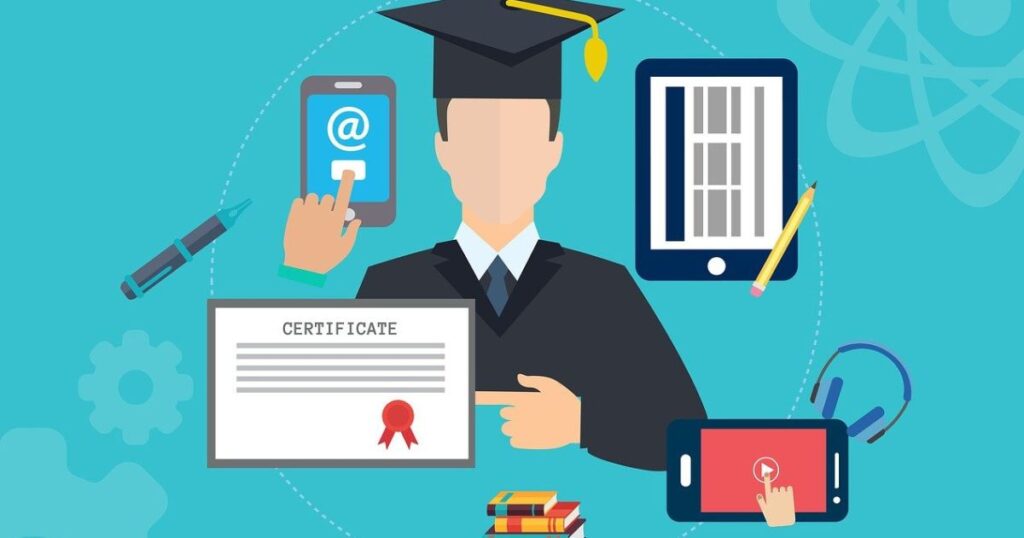Introduction
In this article, we will consider new curricula and new trends in education. The new teaching tools are extremely effective for the next generation of learners and educators. Knowledge of the latest trends will be beneficial to your professional development. The educational sector is undergoing significant changes as a result of technological advancements and the start of the Fourth Industrial Revolution. This has a huge impact on the educational industry and helps to build successful learning environments. New teaching strategies have been documented, and reading materials have been updated from elementary to university levels
Emerging New Trends in Education
Some emerging new trends in education are personalized learning, incorporating technology such as virtual reality and artificial intelligence into the classroom, a growing emphasis on social-emotional learning, and an increased emphasis on lifelong learning to meet the demands of a rapidly changing job market. Furthermore, as a result of the COVID-19 epidemic, online and hybrid learning models gained popularity, providing greater flexibility and accessibility to education
We shall explore some of the most relevant educational trends here.
Virtual Learning
To cater to the learners, many new learning strategies have been introduced with the help of technology. During the Covid-19 pandemic, professionals demonstrated an eagerness to learn new skills. Growing technological awareness aids in the spread of online education, distance learning programs, professional certificate courses, video and audio lectures, webinars, and so on. The internet is used to deliver a virtual learning experience. Online courses give students complete control over their education. However, it leads to social isolation.

Personalized Learning
Some students grasp concepts faster than others in a traditional classroom setting, and vice versa. All students will now be able to personalize their learning based on their abilities without causing any issues for others. It instils confidence in students who use a variety of learning methods.
Social and Emotional Learning
Social-emotional learning is a method of teaching social and emotional skills within the curriculum. It will help in the development of self-awareness, self-talk, self-regulation, self-control, and interpersonal skills in students. It teaches valuable life skills. It aids in self-awareness and the development of a positive self-image and sense of responsibility. Due to the pandemic’s consequences on students’ social and emotional lives, there is a growing emphasis on this component of learning in the school curriculum.
Competency-Based Learning
Competency-based learning is an outcome-based approach to ensuring student learning proficiency. It encourages learning by requiring students to demonstrate their knowledge, values, skills, and attitudes in real-life situations. It gives students more opportunities for in-depth and personalized learning. However, it overlooks the significance of social learning.
Conclusion
It is critical to stay up with changing educational trends. Educators should read educational blogs, social media pages, and e-newsletters. Teachers must become familiar with instructional technology. We cannot ignore trends; we must be prepared to accept them.
You may also like to read:-
Benefits of Play in Early Childhood Education for Growth and Learning
Top Strategies to Implement Collaborative Learning for Better Student Outcomes
Characteristics of a Good Principal: What Makes a Great School Principal?



